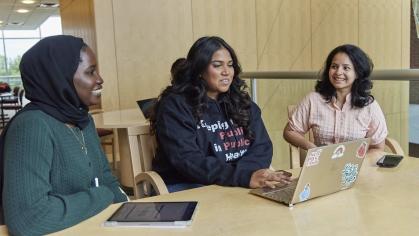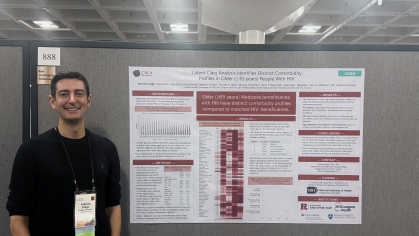
The Rutgers School of Public Health has been ranked No. 16 among the 2025 Best Schools in Public Health by U.S. News & World Report.

For three decades, the Rutgers School of Public Health’s Center for Public Health Workforce Development has brought together public health professionals, scholars, and students for its annual Public Health Symposium—an event dedicated to knowledge-sharing, collaboration, and forward-thinking solutions.

Miss Newark USA 2024 Osasenaga Iyamu has challenged societal expectations and carved a path that intertwines public health, pageantry and mentorship.
As a student at the Rutgers School of Public Health, Iyamu is earning her Master of Public Health degree in Environmental Health Sciences in May 2025.








